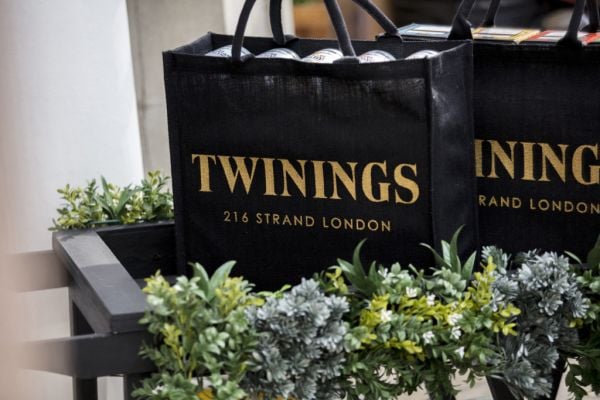Associated British Foods saw group revenue fall 12% in its financial year to 12 September, with the prolonged closure of its Primark retail business offset by a 'very strong' performance across its food brands.
Commenting on its performance, George Weston, chief executive, said. “We have the people and the cash resources to meet the challenges ahead and we are investing for the future.”
Here's how leading retail analysts viewed its performance.
Russ Mould, AJ Bell
“Associated British Foods is the latest in a growing trend for companies to announce better than expected results, perhaps showing that management teams were too pessimistic coming out of the first lockdown. Sadly, life has changed once again with ABF’s Primark stores being affected by new lockdown restrictions in various parts of the world, so its management had every right to be cautious earlier this year.
“Over the years, people have questioned why ABF has continued to operate a conglomerate structure, running a clothing business alongside food and agricultural interests. The diversification benefits are now coming into play, with ABF in a much better position than many of its clothing peers because it has other business activities to fall back on.
“ABF is taking a long-term view and continuing with expansion plans across the business, while at the same time being prudent with its financial resources and not paying a dividend.
“We might look back at the current lockdown and realise it was only a very short-term disruption and so companies able to crack on now and keep planning for future growth are likely to reap the benefits down the line. However, no-one knows how long the lockdown will last and so ABF is right to remain cautious about near-term expectations for trading.”
Pippa Stephens, GlobalData
"While Primark was one of the worst hit fashion retailers during the peak of COVID-19, with its lack of a transactional website causing revenue to drop by £1.9 billion to £5.9 billion in FY2019/20, Primark has exhibited impressive resilience since stores resumed trading.
"The retailer’s value proposition and wide appeal product ranges led to pent up demand while its estate was closed, with long queues being experienced outside many of its locations upon reopening. Though adjusted operating profit for the financial year understandably came in significantly lower than FY2018/19, this exceeded the £300 million to £350 million range previously estimated in July, as higher basket sizes helped it to counteract the impact of reduced footfall.
"While there has been increased discounting at many of its fashion competitors, Primark has also managed to minimise markdowns during the period, enabling it to remain more profitable.
"As a second wave of lockdowns starts to spread across Europe, Primark is now being forced to temporarily close 57% of its estate once again, driving it to lose an estimated £375 million worth of sales as a result. However, having bounced back impressively following the initial lockdown at the beginning of the year, Primark should feel optimistic that sales will rebound quickly in time for Christmas, given that current measures are not extended past the beginning of December.
"While the retailer sensibly delayed its autumn/winter purchases this year due to the pandemic, the inability to trade through the majority of its stores over the next month may lead it to have a surplus of stock left over at the end of the year. Primark should strive to refrain from discounting this stock as much as possible, as this would have a huge impact on its profit margins, and instead hold a proportion of its winter products until 2021, when the trading environment will hopefully be less volatile and consumers’ appetite for fashion will have largely recovered.''
Darren Shirley, Shore Capital
"ABF has reported FY2020 results a little better than we anticipated, which at the start of October we would have expected to be a spring board for a positive narrative to a much better FY2021 for the Group and its share price. However, macro-political and economic uncertainty has increased in recent weeks leaving ongoing forecasting challenge around some consumer facing stocks, notably Primark, less so ABF’s Grocery division.
"We currently forecast FY2021 EPS for ABF of 117.4p, though place this forecast under review given the current uncertainty around Primark. That said, we remain highly positive on ABF for the medium term, with a high quality stable of global and local grocery brands, a global sugar business that is well positioned to deliver improved profitability over the medium term and a Primark business that remains both highly potent and immature across most of its European markets and the USA.
"ABF also has one of the strongest balance sheets in the global consumer arena, something we believe with a conservative management, allows investors to sleep easy at night in challenging times; as a reminder the Group had FY2020 cash balances of £1.56bn."
© 2020 European Supermarket Magazine – your source for the latest retail news. Article by Stephen Wynne-Jones. Click subscribe to sign up to ESM: European Supermarket Magazine.














